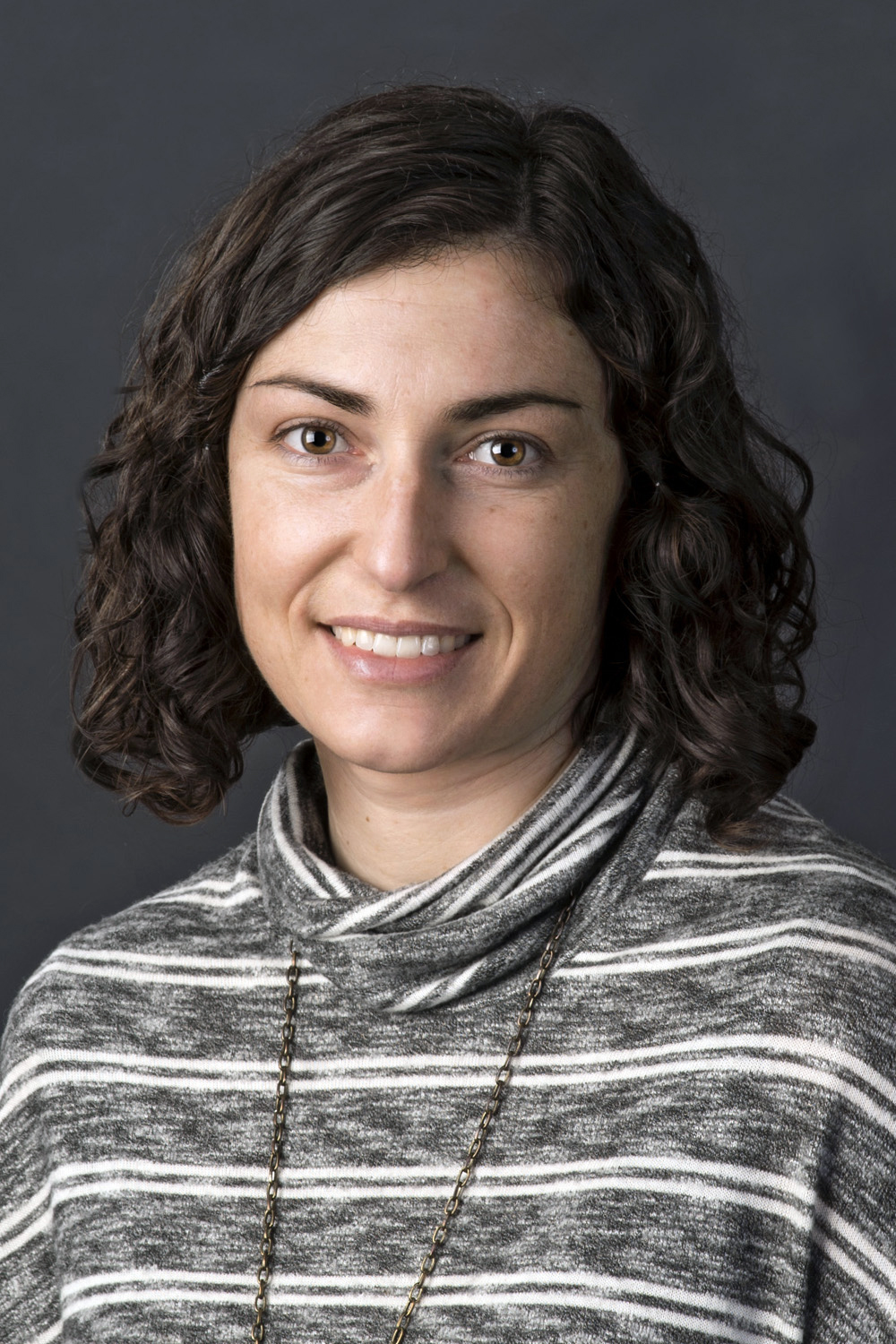NMSU’s Chicano Programs to sponsor immigration talk for Hispanic Serving Institutions Week

New Mexico State University’s Chicano Programs will sponsor a talk by Megan Finno-Velasquez, an assistant professor at the School of Social Work and director of the Center on Immigration and Child Welfare at NMSU in Albuquerque, during Hispanic Serving Institutions Week, which runs Sept. 17-23.
The talk, “Immigration Enforcement and Our Role in Protecting Children and Families,” will begin at 6 p.m. Thursday, Sept. 19 in O’Donnell Hall, room 111. The event will be open to the public.
Finno-Velasquez will discuss recent federal immigration policies and trends in U.S. migration and how they are impacting children and families crossing the U.S.-Mexico border. She will also discuss how the community is responding and can continue to support families with immigration issues in New Mexico.
Finno-Velasquez has spent the past 14 years working with child welfare and immigration issues, as a child welfare practitioner, administrator
“I was a founding member of the Migration and Child Welfare National Network in 2006, which later became the Center on Immigration and Child Welfare, which I now direct at NMSU. I moved to New Mexico to work on border issues and served as the Children, Youth and Families Department’s first immigration liaison,” Finno-Velasquez said. “My research focuses on the impact of immigration policy on child welfare system experiences, culturally competent maltreatment prevention strategies and improving child welfare service system response to the needs of immigrant families. I recently started a contract as CYFD’s new immigration affairs director, where I am working to improve policies and practices around serving immigrant children and families across the state.”
Finno-Velasquez says her talk is timely “with the increase in families seeking asylum at our border, and with the humanitarian crisis caused by the horrific border deterrence policies and interior enforcement operations we have seen implemented that are separating and traumatizing families seeking assistance, and really entire communities.”
She hopes that the people who attend her talk will better understand the policies and processes about what is happening at the U.S.-Mexico border and throughout the


